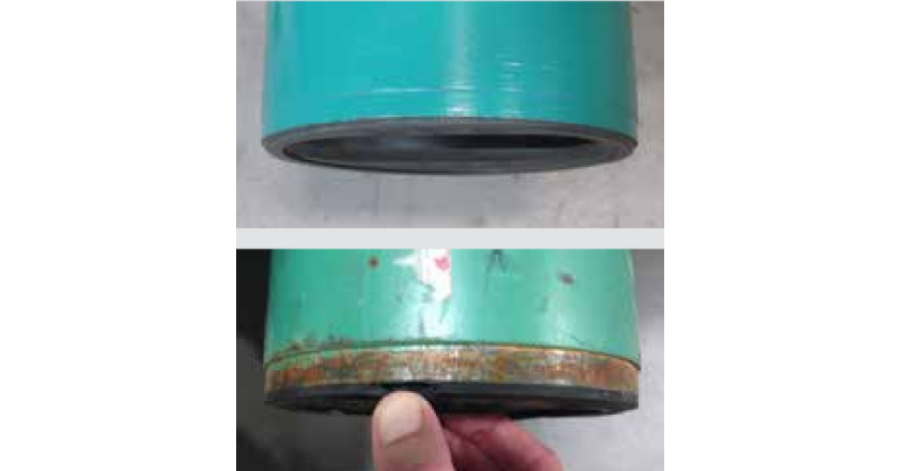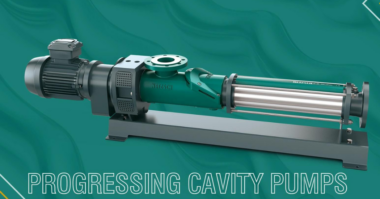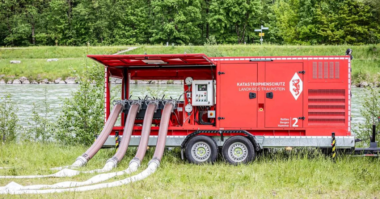When a major metropolitan wastewater customer in the midwest had difficulty with their pumps after years of successful and predictable operation, they finally called for advice.
On April 17, 2014, our customer service department received a call concerning a NEMO® Pump at a large wastewater treatment plant customer’s site. The pump in question would not start unless manually rotated with a pipe wrench.
Before contacting NETZSCH, this customer stated that a manual start was required multiple times over a period of several weeks. Each time the pump was shut down and thoroughly inspected, everything was fine and the stator appeared to be in good shape. All NEMO® pumps installed at this facility are operated with a Variable Frequency Drive (VFD), so the customer was prompted to also check the VFDs. After expending more time, effort, and operational downtime, it was concluded that the VFDs were functioning properly with the correct electrical specifications, providing the constant torque necessary to operate a progressing cavity pump.
The facility had been using NETZSCH pumps for a number of years without an issue and was very surprised when a stator that usually operated for 5+ years before replacement, now needed to be manually started each day. Four weeks passed before the customer, concerned with the amount of time and labor wasted starting this pump each day, contacted NETZSCH for a solution. The stator in question was sent back to NETZSCH for evaluation, and a visit to the site was made with a replacement unit.
After receiving the faulty stator, several problems were immediately visible. Scratches, dings, and rust were noted, even though the stator was virtually brand new, indicating a lesser quality product than a NETZSCH original part. Closer inspection confirmed that this stator was manufactured by a parts replicator. The stator had numerous internal fabrication differences and non-standard measurements which had caused the pump’s inability to start on its own.
After checking their records, the customer confirmed that their plant had purchased the stator from a pirate manufacturer. The inferiority of the pirate part caused the pump’s performance failure leading to unnecessary expenses, labor, and operational downtime. Now, with a NETZSCH original part in place, the district’s pump is operating quietly and smoothly, just as it had been designed to do for this application. This customer is happy to have all their NETZSCH pumps performing and running as they had come to expect. The NETZSCH team’s quick diagnosis and solution helped significantly, and the customer says they will use genuine NETZSCH parts in the future.
If you have any questions regarding the authenticity of the NETZSCH spare parts you are purchasing, please contact our spare parts department at 610-280-4200, or visit our website at: http://www.netzsch-pumpen.de/consult-ing-service/original-netzsch-sparepart/progressing-cavity-pumps.html.





Comments